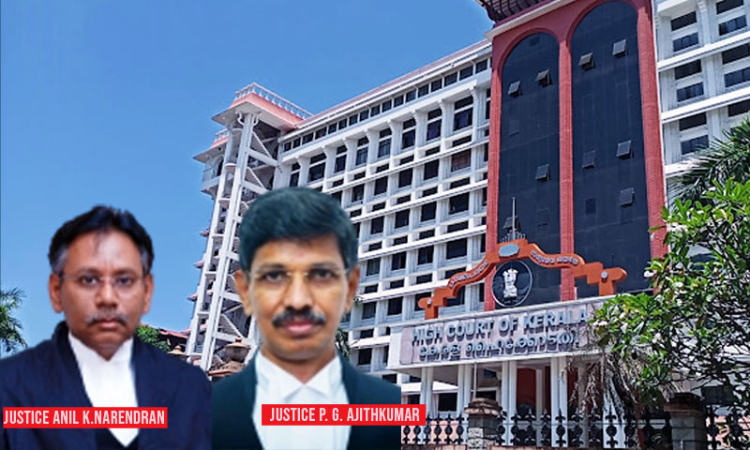Kerala High Court Asks Travancore Devaswom Board To Take Over Sabarimala Virtual Queue Services
Hannah M Varghese
23 April 2022 10:00 AM IST

Next Story
23 April 2022 10:00 AM IST
The Kerala High Court on Friday ruled that the control over the virtual queue system for Sabarimala darshan should be transferred from the Kerala Police to the Travancore Devaswom Board. A Division Bench comprising Justice Anil K. Narendran and Justice P.G Ajithkumar delivered its verdict in a suo motu case and two petitioners, including one Public Interest Litigation (PIL) challenging...
